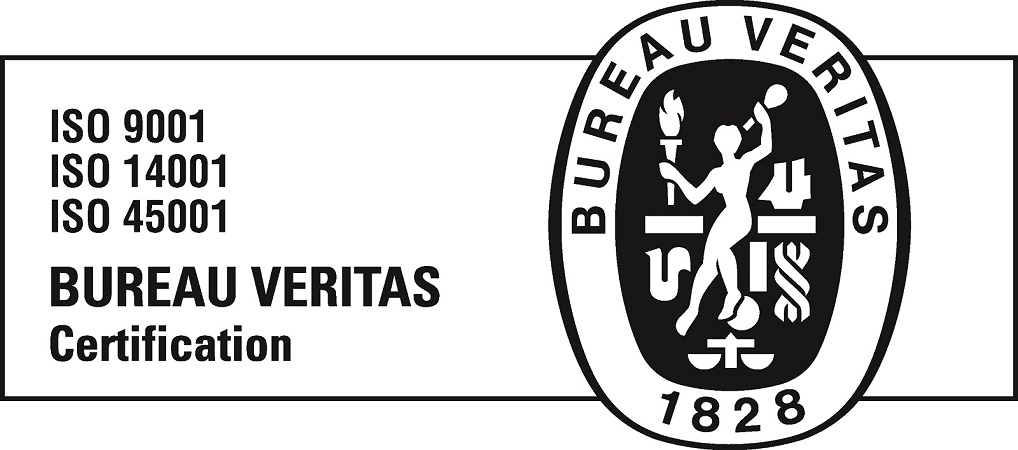




© 2023 RDS. All rights reserved. Designed and developed by delefant
The performance of solar panels is a crucial element in assessing the efficiency of a PV system. Understanding the various factors that influence performance is critical to optimising solar power generation. In this article, we will explain in detail what the performance of solar panels is and analyse the key factors that affect their efficiency.
Table of Contents
ToggleThe efficiency of solar panels refers to the ability of a photovoltaic system to convert incident solar energy into usable electricity. This indicator is essential to assess the overall efficiency of the installation and to determine its profitability over time.
The quality of the materials used in the manufacture of solar panels and other system components directly affects their performance. High quality solar panels, efficient inverters and robust cables contribute to a more efficient system.
The location of the installation is a critical factor. Solar panels installed in locations with direct and constant access to sunlight will have superior performance compared to those in shaded or obstructed areas.
The latitude and longitude of the installation site determine the amount of sunlight available. Areas with higher insolation tend to generate more solar energy, while locations near the poles can experience significant seasonal variations.
The orientation and tilt of solar panels are critical to capturing the maximum amount of sunlight. Adjusting the panels to face the proper direction and at an optimal tilt significantly improves performance.
Weather conditions affect the performance of solar panels. High temperatures can reduce efficiency, and extremely cold weather can also affect energy production. The stable and moderate climate favours a constant yield.
The amount of direct solar radiation received by the solar panels is essential. Factors such as altitude, season and atmospheric conditions influence solar irradiation and thus the performance of the system.
Shadows can have a fundamental impact on performance. Even a small shadow can reduce the efficiency of the entire system. It is important to carry out a detailed shading analysis prior to installation.
Variation in the amount of sunlight over the seasons affects the seasonal performance of solar panels. Diseñar el sistema teniendo en cuenta estas variaciones contribuye a una producción más equitativa durante todo el año.
Regular maintenance is essential to ensure optimal performance. Cleaning of panels, inspection of connections and constant monitoring are key practices to maintain system efficiency.
To improve the performance of solar panels, consider:
At RDS, we pride ourselves on leading the way in state-of-the-art photovoltaic installations. If you are exploring the possibility of implementing a solar system in your home or business, our commitment to excellence and sustainability can make a difference. Contact us if you need information!